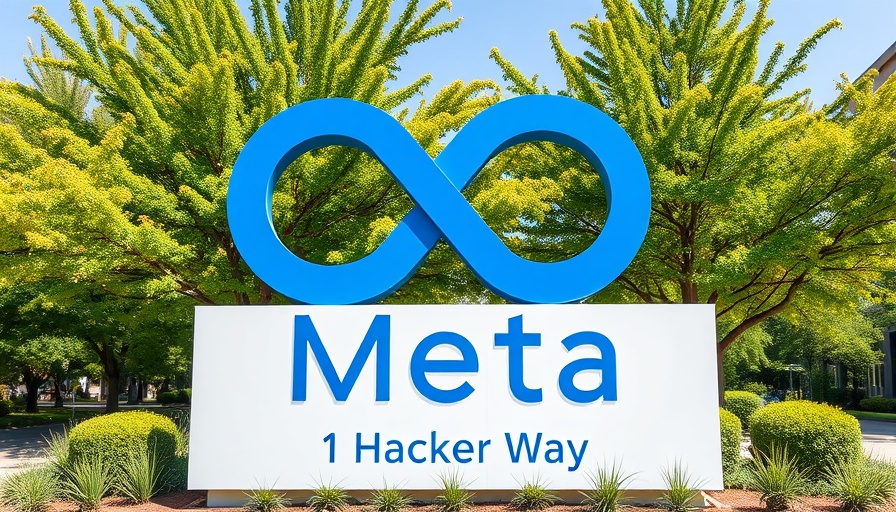
What Meta's New AI Model Means for SMBs
Meta recently introduced a flashy AI model named Maverick, which has raised eyebrows among experts and small business owners alike. Maverick's performance score on LM Arena, a benchmark where it claimed the second spot, may not reflect the actual product that businesses will use. So why should SMB owners care?
For businesses in the retail, hospitality, and service sectors, it's crucial to know that the AI tools marketed to them may not be the same as what they get for everyday use. The distinction is clear: Maverick, when tested, was an "experimental chat version," which may act differently than the accessible version relying on public capabilities. This has significant implications for those looking to harness the power of artificial intelligence in their marketing campaigns.
Is Benchmarking Really Telling the Full Story?
We often hear that benchmarks like LM Arena provide a true measure of a model’s capabilities. But in reality, they don’t quite capture the whole picture. The same researchers analyzing Maverick pointed out its outputs varied drastically compared to what was available for download by developers. Imagine a bakery advertising a mouth-watering cake only for you to find it tastes like cardboard when you actually order it. Disappointment, right? That’s how many of us will feel if we’re drawn to the glitz of these benchmarks without realizing how models like Maverick can behave differently in practice.
The Joker of AI: Emojis and Verbosity
Here's the fun part. Experts have noted that the version of Maverick seen on LM Arena loves to sprinkle in emojis and tends to ramble on with lengthy responses. As entertaining as that may sound, using a model that communicates this way can lead to flaws in customer interactions. An SMB owner trying to appeal to an audience may find unnecessary emojis detract from their brand's professionalism. Think about it: Would you appreciate a restaurant’s chatbot responding with a pizza emoji when you just want to know if it serves vegan options?
Why Does This All Matter?
If you’re a busy professional juggling multiple responsibilities in your business, the implications of this AI model and its benchmarking become clear: Misleading benchmarks can cost you valuable time and resources. Whether it’s hunting for the best marketing tools for SMBs or choosing digital tools for local businesses, clarity is key. You want reliable insights, not experimental ones.
Spotting Misleading Marketing: Lessons to Take Away
To avoid running into this issue, keep an eye on the details when assessing new digital tools. Tools for social media management or email marketing that come with flashy stats? Investigate further! They may hold hidden caveats that could render them less effective than promised.
Also, look to user reviews and community feedback. Genuine experiences often tell a much richer story than corporate announcements. When considering SEO tools for small businesses, remember that while statistics can impress, nothing beats firsthand knowledge from users who've actually tried the product.
Confidence in Your Choices
So here’s the takeaway: Be informed! Dig into the capabilities of any digital tools before committing. Whether it’s analytics tools for business growth or other platforms to help your business thrive, you want to ensure they align with your expectations and needs. Make future decisions with caution, and you'll find more rewarding results in the long run.
What Next?
Now that you're equipped with insights on the nuances of AI benchmarks, consider taking a deeper dive into tools that can help your business soar. Do your research, ask questions, and let the digital landscape work for you! For assistance in navigating this tech-savvy world, don't hesitate to reach out to local tech consultants who can help you find the right tools tailored to your unique needs.
 Add Row
Add Row  Add
Add 




Write A Comment